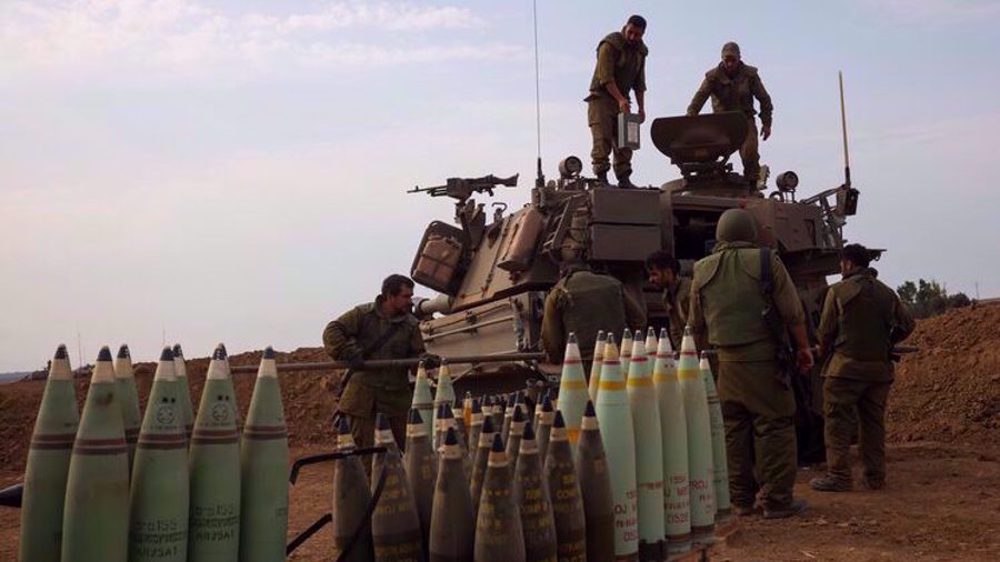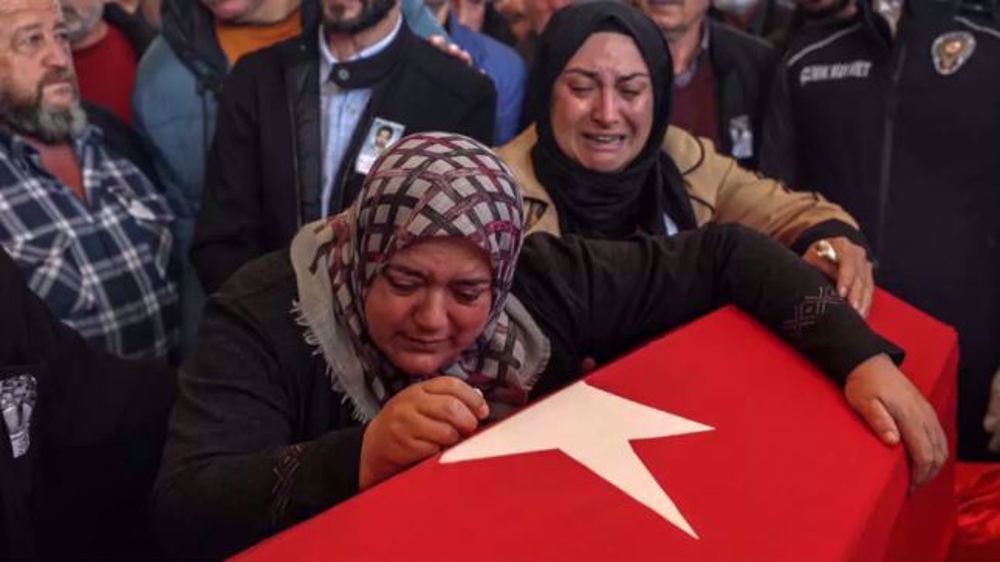Detainees tortured by police during Turkey’s emergency state: HRW
Human Rights Watch (HRW) says a state of emergency declared in Turkey following the abortive July 15 military coup has been used by police forces to torture and abuse people arrested.
In a 43-page report published on Tuesday, the New York-based rights group said that a "climate of fear" prevails in Turkey since the failed putsch.
"By removing safeguards against torture, the Turkish government effectively wrote a blank check to law enforcement agencies to torture and mistreat detainees as they like," said Hugh Williamson, HRW's Europe and Central Asia director.
The watchdog cited 13 cases of alleged abuse, including torture, sleep deprivation, severe beatings, sexual abuse and rape threats among people arrested in the post-coup crackdown.
It further detailed examples of detainees with bruises on their body and said that some lawyers were too scared to record evidence that their clients had been subjected to torture.
"There was not a part of (a detainee's) body that was not covered in bruises,” an unnamed forensic specialist told HRW.
An unidentified Istanbul-based lawyer also said that her client had confirmed that officers "threatened to rape them and their wives."
The report also quoted a police officer telling a detainee, "Because of the state of emergency, nobody will care if I kill you. I will just say I shot you while you tried to run away."
The HRW report was based on interviews between August and September with 40 people, including lawyers, human rights activists, former detainees, medical personnel and forensic specialists.

The coup began when a faction of the Turkish military declared it was in control of the country and the government of President Recep Tayyip Erdogan was no more in charge.
Tanks, helicopters, and soldiers clashed with police and people on the streets of Ankara and Istanbul. Between 200 and 300 people were killed on all sides in the attempted coup d’état.
The state of emergency was first imposed a few days after the putsch bid. It was prolonged for another 12 weeks earlier this month.
Emergency decrees have since extended the period of police detention without judicial review from 4 to 30 days and allowed the authorities to deny detainees access to lawyers for up to five days.
The government in Ankara has launched a sweeping crackdown on those believed to have played a role in the failed coup.
It has arrested over 35,000 people and sacked over 100,000 others over their suspected links with Fethullah Gulen, a US-based cleric blamed for orchestrating the coup attempt. Gulen rejects the charge.
Israeli forces kill 7 more Palestinians in West Bank
Israel’s Netanyahu dismisses military affairs minister Gallant
Hezbollah attacks turn Israel’s Haifa into a ghost town
Iran’s FM meets Pakistani PM, discusses bilateral ties, Israeli atrocities
Iran ramps up gasoline output amid rising demand
UK foreign secretary under pressure over denial of genocide in Gaza
VIDEO | Press TV's news headlines
Hezbollah bombards explosives factory in occupied territories
















 This makes it easy to access the Press TV website
This makes it easy to access the Press TV website